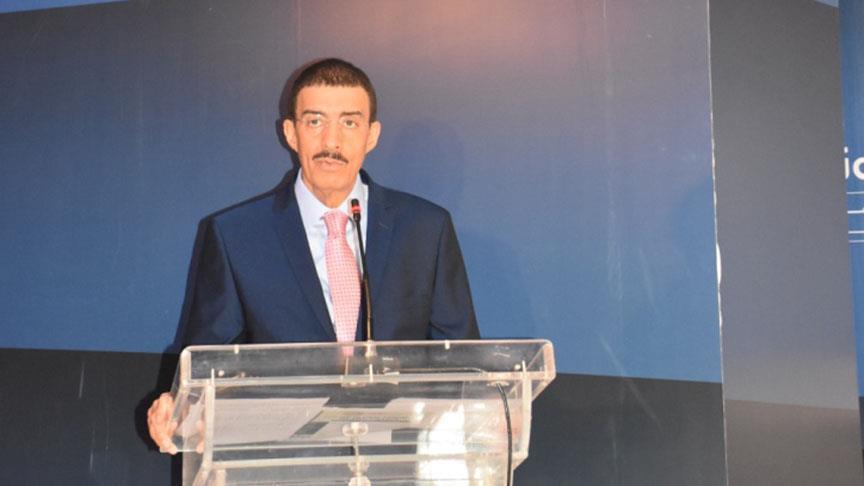Islamic Development Bank aims to empower women
IDB introduces new initiative 'SheCan' in order to offer more economic opportunities to women

By Gokhan Ergocun
TUNIS
The Islamic Development Bank (IDB) aims to improve women’s access to infrastructure that will offer economic opportunities through Islamic microfinance, Bandar Hajjar, president of the bank, said on Monday.
Speaking at the "Partnerships for Promoting Women’s Economic Empowerment" session at the 43rd annual IDB meeting in Tunis, Hajjar said: "The empowerment of women is at the core of the Bank’s development strategy."
He said the IDB has been contributing to the empowerment of women with various interventions to promote its member countries in improving health, food security, economic opportunities and education.
"The IDB aims to do this by strengthening partnership with member countries to improve the status of women in the Muslim World, blended with longer-term economic development and capacity development initiatives toward self-development and sustained growth," he added.
He announced that to achieve this, the bank would launch a new initiative called "SheCan".
"If given the opportunity SheCan transforms her families, communities and economies resulting in more inclusive, productive and resilient societies," he said.
He also stressed the bank continued its regular operations to empower women in priority sectors, such as energy, education, transport, health and Islamic finance.
The IDB was designed to ensure that women have equal access and control over available resources, he underlined.
"I am confident that through partnerships with government institutions, the private sector, civil society, academia, multilateral banks and international organizations we can create make transformative change in empowering women to advance their role in social and economic spheres of life," he said.
Mohammad Naciri, director of the Regional Office for the Arab States of the United Nations, said that it would be naive to think of achieving economic empowerment without partnerships.
"Around 40 percent of women in the Middle East and South Africa regions are not part of the workforce," he stressed.
Soukeina Bouraoui, executive director of the Center of Arab Women for Training and Research, expressed that women could do more for their society and the IDB could help by strengthening their engagement.
"We are working with the IDB and the Arab Bank for Economic Development in Africa (BADEA) for instance in Senegal, we have helped 600 women achieve economic independence," she said.
Representatives of 57 member states, senior government officials and ministers of finance, economy, planning and international development are attending the five-day meeting in Tunis.
Anadolu Agency website contains only a portion of the news stories offered to subscribers in the AA News Broadcasting System (HAS), and in summarized form. Please contact us for subscription options.





